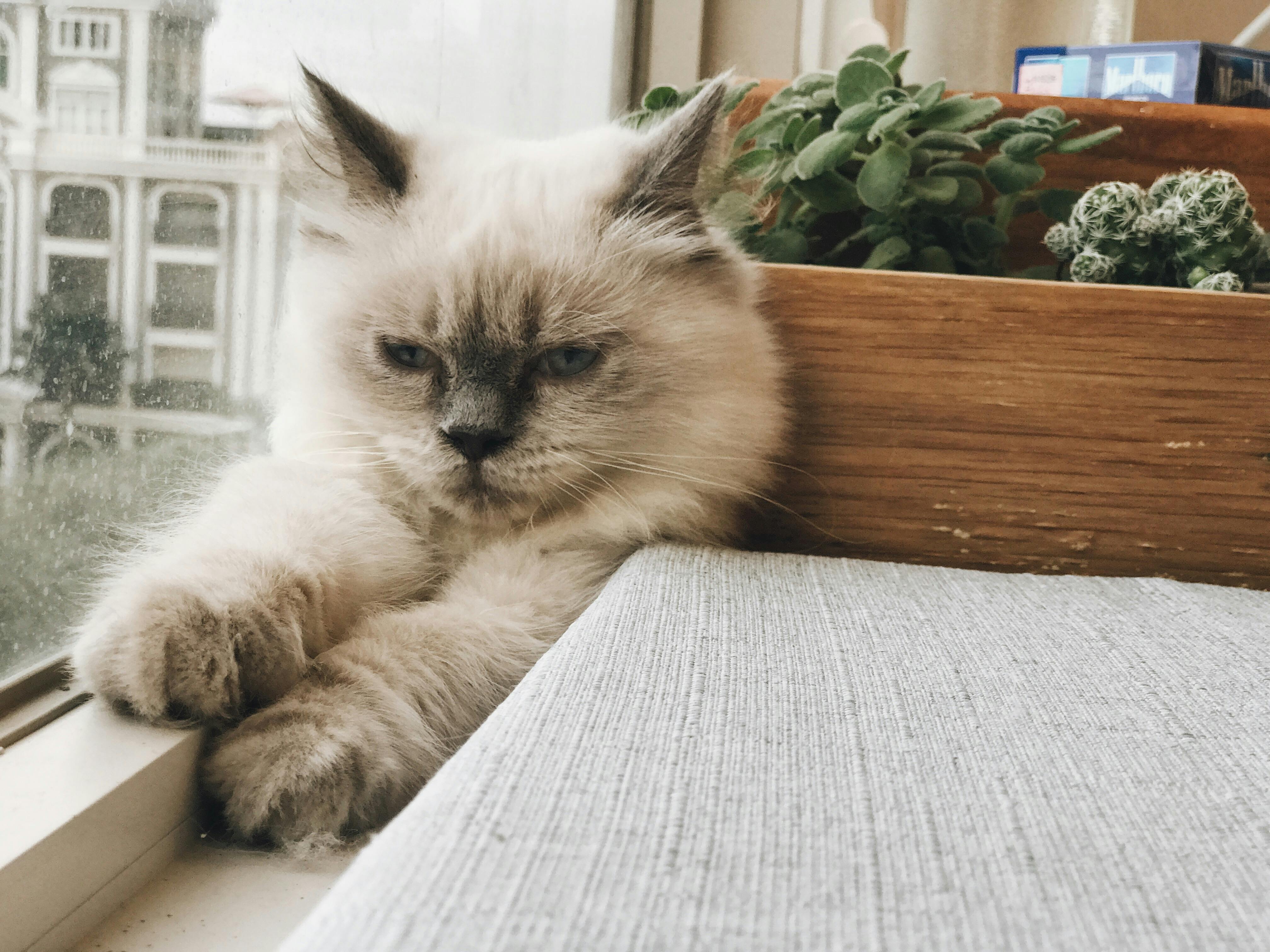
The Dangers of Raccoon Domestication
Baby raccoons are adorable little critters; with soft, furry faces and paws that will melt even the coldest of hearts. Although cute and charming, raccoons are wild animals, babies or not. In fact, it takes thousands of years to domesticate a species of animal. For example, the dog and cat have been bred in captivity for more than 20,000 years. That is why we can welcome them as pets without any danger or consequences. Instinctively bred into its genes, a baby raccoon will become a wild animal in almost all cases of domestication. Read on to learn the basic dangers of owning or taming a wild raccoon, or any other animal. Learn why it is important for wild animals to remain in their natural habitat and environment; and why humans should admire these fascinating creatures from afar, rather than inside their homes.
Property damage
Raccoons are fascinating mammals for their incredible dexterity, intellect, and curiosity. They are highly capable animals that can open doors, lift locks, grab and hold, and much more; like a human hand. These characteristics, among many others, are excellent examples of how destructive a pet raccoon can be in a domesticated environment. Raccoons like to explore, investigate and dig. In a residential setting, this can be disastrous. Because you can’t control or train an adolescent or adult raccoon, there’s no way to teach them how to behave indoors. They are highly intelligent, which also contributes to their stubbornness about taming.
The possibilities of destruction are endless. They can knock over good china, dig inside mattresses, rip up upholstery, bury and hide household knick-knacks, help themselves in the fridge, raid trash cans, rip out drywall, knock down curtains, and more. Note that they are also nocturnal. Some may recommend caging a raccoon for a possible solution; however, caging raccoons is even worse than allowing them access to freedom. Wild animals are not meant to be caged, therefore keeping one as a pet is not recommended if proper care cannot be provided on a consistent basis. Animal sanctuaries, such as zoos and rehabilitation centers, are the only appropriate places for the domestication of wild animals.
health consequences
Property damage is not the worst risk associated with keeping a pet raccoon. Health issues are another danger that needs to be fully understood before taking in a wild animal. Raccoons are common carriers of many diseases that can affect humans and other animals, such as dogs and cats. Diseases such as rabies, distemper, canine hepatitis, roundworms, lice, ticks, and mange are among some of the most commonly diagnosed in North America. These diseases can be transmitted through fur, saliva, urine, droppings, and blood. If a raccoon bites or scratches a person, they are at risk of contracting a disease if the animal is a carrier of one.
Raccoon droppings are another health hazard. Also known as raccoon droppings, the droppings can contain many undesirable threats. A common danger is the roundworm. These worms are microscopic and can lay hundreds of eggs in raccoon droppings. If picked up and ingested by a human or pet, possible implications include violent nausea, blindness, organ failure, and even death.
Obstruction of Local Ordinances
In many states and counties, the domestication of wild raccoons is illegal. If a person is caught with a pet raccoon, he is likely to lose all ownership rights to the pet. They would be forced to pay legal penalties and court fines as well. In other states, keeping a pet raccoon is legal as long as the person has an exotic pet license. These permits can be obtained as easily as a gun permit, in most cities.